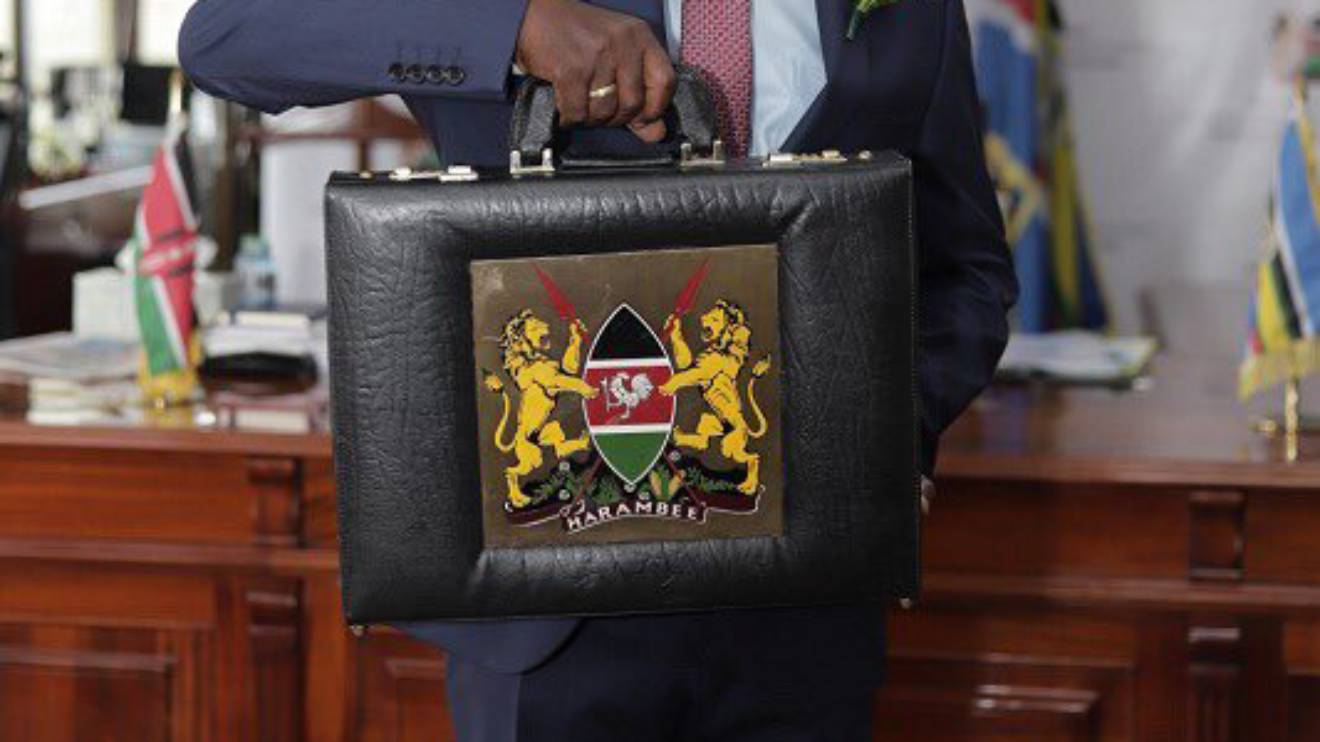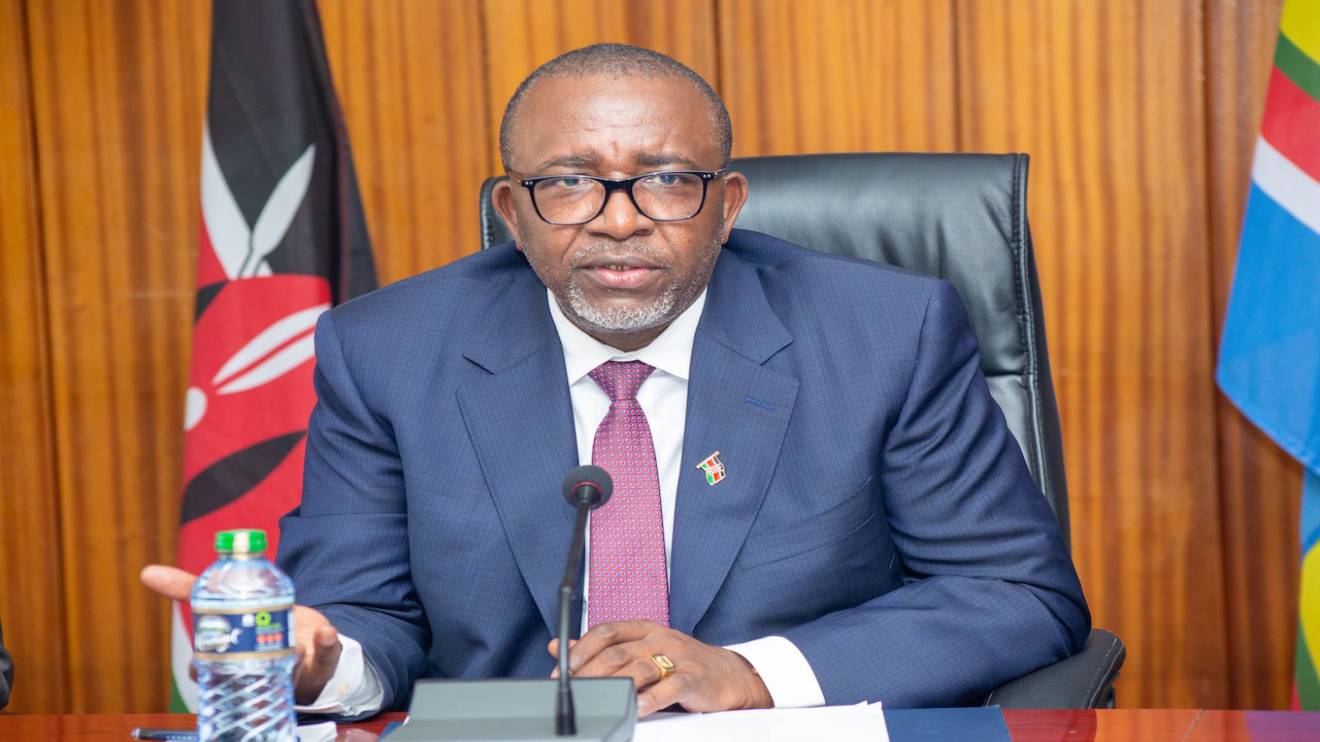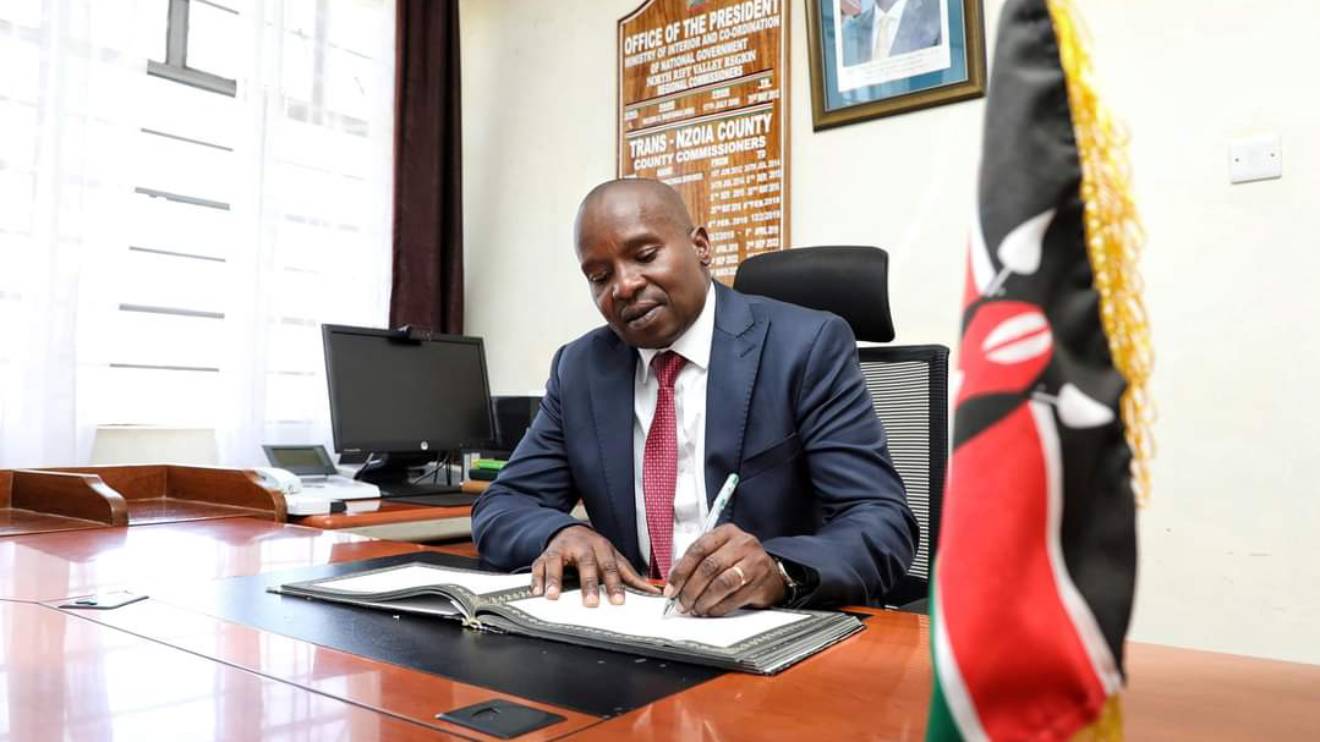In a significant legal battle that has captivated the Kenyan telecommunications industry, Safaricom, the country's largest telco, has been unsuccessful in its attempt to halt proceedings in a high-profile intellectual property infringement case.
The case revolves around allegations that Safaricom copied an innovative idea, leading to a lawsuit by the inventor, Peter Nthei Muoki, and his company, Beluga Ltd.
High Court Judge Josephine Mong’are, presiding over the matter, decisively rejected Safaricom's application to suspend the proceedings.
"In conclusion, I find and hold that the application by the defendant has no merit and is hereby dismissed with costs to the Plaintiff," Judge Mong’are ruled, marking a significant development in the legal battle.
Read More
The lawsuit accuses Safaricom of infringing on Muoki's intellectual property rights.
Muoki initiated legal action last year, seeking compensation for the gains and profits derived from the alleged copyright infringement.
He further requested the court to order Safaricom to pay him royalties and licensing fees or, alternatively, a substantial sum of Sh10 billion for the product.
Safaricom, in response, requested the court to postpone the case's hearing, initially scheduled for October 31, pending the resolution of an appeal they had filed.
This appeal contested an order compelling Safaricom to produce several documents, including a letter addressed to Huawei Technologies (Kenya) Company Limited regarding a proposed solution for parent-child control product functionality under the M-Pesa platform.
Muoki's lawsuit targets both Safaricom and Huawei Technologies (Kenya). It alleges that Safaricom intended to launch a product named 'Manage Child Account' under a USSD Code.
This product, according to Muoki, bears striking similarities to his own creation, 'M-Teen Account,' an M-Pesa sub-wallet designed for individuals aged 13-17 years and 18-24 years.
The primary purpose of the 'M-Teen Account' was to enhance parental control over spending behaviour or patterns.
Muoki claims that he initially approached Safaricom officials in March 2021 to discuss his concept.
However, after a meeting, he was allegedly informed that implementing the product would be challenging since it targeted teenagers who lacked identification cards, necessitating approval from the Central Bank of Kenya.
Despite Safaricom's purported rejection of the product, Muoki asserts that the telco officials he met with hinted that they were contemplating a similar concept.
Several months later, he was reportedly astonished to witness Safaricom conducting a test run of a product that appeared to be a direct copy of his innovation but bore a different name.
According to Muoki, the 'Manage Child Account' product exhibited an uncanny resemblance and functionality to his 'M-Teen Mobile Wallet USSD code.'
Subsequently, Muoki filed a lawsuit, successfully compelling the court to order Safaricom to produce the documents he claims are in the telco's possession.
Safaricom has vehemently opposed this application, contending that Muoki's request would expose confidential documents related to CBK approval for a critical payment system operated by the telco in connection with M-PESA.
As the legal battle intensifies, industry stakeholders and legal experts closely monitor the proceedings, recognizing the potential ramifications for intellectual property rights in Kenya's rapidly evolving technology landscape.

-1693825312.jpeg)





-1714403693.jpg)



